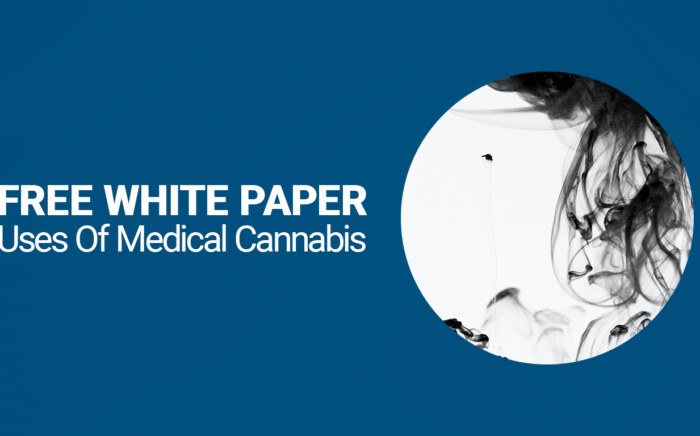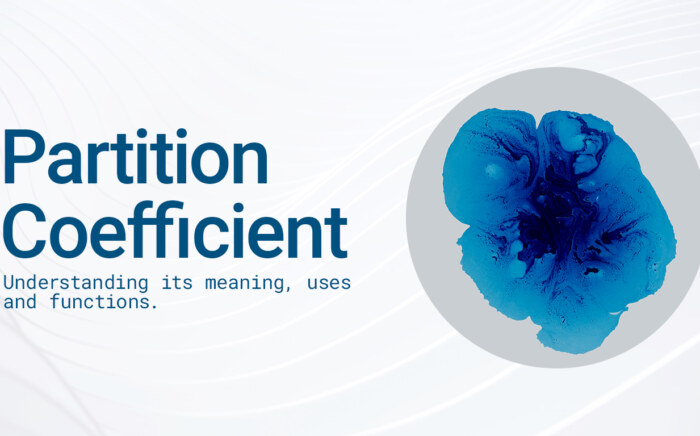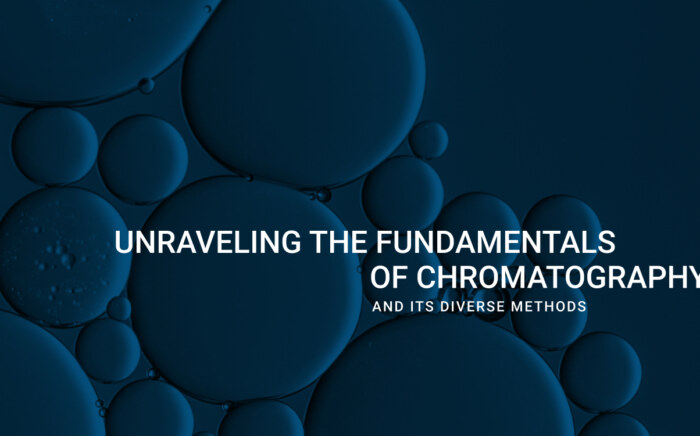Increasing separation efficiency by pH adjustment in Centrifugal Partition Chromatography
NewsTraditional Chromatography: Sustainability Challenges
High Solvent Consumption
Traditional chromatography methods, particularly those utilizing solid supports like silica gel columns, require large volumes of solvents for elution. This high solvent consumption poses significant environmental and economic concerns, especially when hazardous organic solvents are employed.
Environmental Impact
The extensive use of solvents in traditional chromatography increases both costs and environmental risks. Hazardous solvents often necessitate energy-intensive recovery or disposal methods to mitigate their environmental impact.
Waste Generation from Solid Supports
Packed columns with solid supports such as silica gel generate substantial solid waste. Disposing of spent solid supports presents waste management challenges and exacerbates the overall environmental footprint.
Limited Solvent Options
Traditional chromatography methods typically use a limited range of solvents that are compatible with solid supports. This restriction hinders the optimization of separations for specific applications, limiting solvent system choices.
CPC: A Sustainable Alternative
Liquid-Liquid Chromatography
CPC operates as a liquid-liquid chromatography technique, eliminating the need for solid supports like silica gel. This significant difference reduces solvent consumption and minimizes solid waste generation.
Broader Solvent Range
CPC allows for the use of a wider range of solvents, including greener and more sustainable options. This flexibility enhances the environmental profile of CPC and improves the optimization of separations.
Reduced Environmental Impact
By reducing reliance on solid supports and enabling the use of more sustainable solvents, CPC aligns with sustainability goals, minimizing the environmental impacts associated with solvent use and waste generation.
Enhancing Sustainability through Efficient Solvent Recycling
Efficient solvent recycling is essential for sustainable chromatographic separations. Various techniques can maximize solvent recovery and reuse in CPC processes, reducing environmental impact and operational costs.
Membrane Filtration
Combining countercurrent chromatography with organic solvent nanofiltration (OSN) has proven cost-effective for purifying active pharmaceutical ingredients (APIs). This method achieves high efficiency and optimizes CPC mass efficiency.
Dialysis
Dialysis can effectively isolate separated compounds and recycle phases. Implementing dialysis in CPC processes has shown promise in reducing the carbon footprint compared to CPC runs without dialysis.
Ultrafiltration
Ultrafiltration techniques demonstrate substantial solvent recovery in CPC processes, achieving high recovery rates and purity before recycling solvents, thus reducing the carbon footprint.
Density-Based Recirculation
Continuous in-line solvent recycling and readjustment based on density measurements enhance CPC cycles, yielding high-purity products while efficiently recovering solvents for reuse.
Conclusion
Research underscores the potential of recycling techniques to enhance the sustainability of CPC processes by reducing solvent consumption, minimizing waste generation, and maximizing solvent reuse. With its liquid-liquid approach and compatibility with a broader range of solvents, CPC offers a greener and more efficient alternative to traditional chromatography, significantly contributing to sustainable chromatographic separations that benefit both the environment and industry practices.
By embracing CPC and its associated solvent recycling techniques, industries can achieve more sustainable operations, reducing their environmental footprint while maintaining high efficiency and effectiveness in chromatographic separations.
Further Resources
To learn more about CPC and chromatography in general, click any of the links below.



